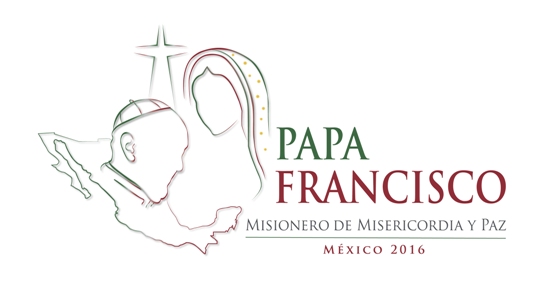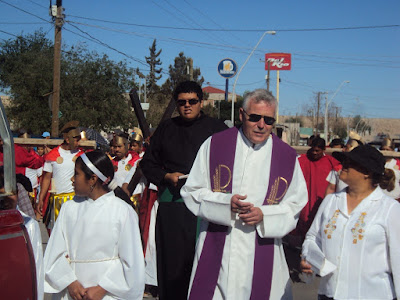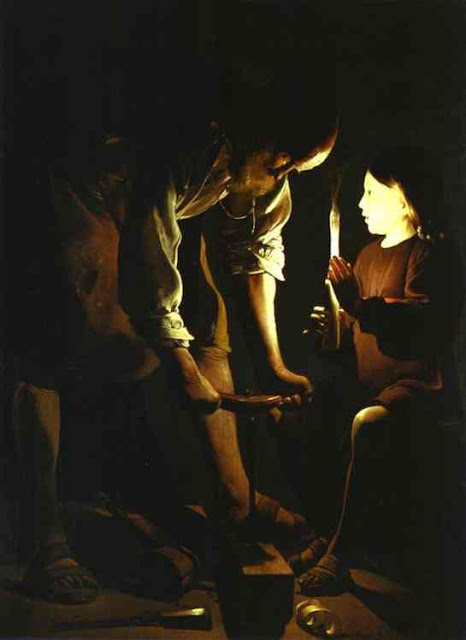
Miraculous Draught of Fishes, Raphael, 1515
Victoria and Albert Museum, London [Web Gallery of Art]
Readings (New American Bible: Philippines, USA)
Readings (Jerusalem Bible: Australia, England & Wales, India [optional], Ireland, New Zealand, Pakistan, Scotland, South Africa)
Gospel Luke 5:1-11 (New Revised Standard Version, Catholic Edition, Canada)
Once while Jesus was standing beside the lake of Gennesaret, and the crowd was pressing in on him to hear the word of God, he saw two boats there at the shore of the lake; the fishermen had gone out of them and were washing their nets. He got into one of the boats, the one belonging to Simon, and asked him to put out a little way from the shore. Then he sat down and taught the crowds from the boat. When he had finished speaking, he said to Simon, “Put out into the deep water and let down your nets for a catch.” Simon answered, “Master, we have worked all night long but have caught nothing. Yet if you say so, I will let down the nets.” When they had done this, they caught so many fish that their nets were beginning to break. So they signaled their partners in the other boat to come and help them. And they came and filled both boats, so that they began to sink. But when Simon Peter saw it, he fell down at Jesus’ knees, saying, “Go away from me, Lord, for I am a sinful man!” For he and all who were with him were amazed at the catch of fish that they had taken; and so also were James and John, sons of Zebedee, who were partners with Simon. Then Jesus said to Simon, “Do not be afraid; from now on you will be catching people.” When they had brought their boats to shore, they left everything and followed him.
The painter Raphael captures something of the awe of St Peter when he saw how much fish he and his companions had caught, despite their misgivings as experienced fishermen in following the advice of someone they knew to be a carpenter from the mountains of Galilee. St Peter, who had a long way to go in his formation as a follower of Jesus, recognised the utter generosity of God’s providence.
Columban Fr John Griffin, a New Zealander who worked for many years both in the Philippines and Chile tells a story about St Alberto Hurtado SJ (1901 – 1952) – still known and loved in Chile as ‘Padre Hurtado’ – and his trust in God’s providence in A priest, I bless you – Alberto. (I’ve used this story a number of times but it fits in with today’s Gospel).
Providence was always on his side. At a meeting one night his board of directors was unwilling, for lack of funds, to approve a new project. In the midst of discussions there was an unexpected call for Fr Hurtado to attend to someone at his front door. He had a brief conversation with the caller who said she wanted to leave a gift to help the great work he was doing.
He gratefully put her envelope in his pocket, wished her a good evening and returned to his meeting. He looked at the contents of the envelope as he sat down. Then he tossed a check onto the table saying, ‘There you are, ye of little faith!’ It was for one million pesos – worth about US$30,000 at that time.

Benedict XVI canonized San Alberto on 23 October 2005
God’s providence is something I have experienced many times. One example is when I was asked to write an article for the Columban magazine in the USA, Columban Mission. So I wrote The Miracle Girls! and it was published in October 2012.
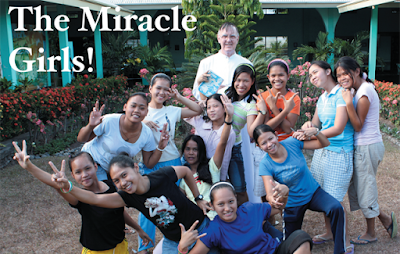
I got the title from one of the girls at Holy Family Home for Girls, Bacolod City,after the release of kidnapped Columban Fr Michael Sinnott in the Philippines in 2009. I had asked the girls to pray for Fr Sinnott’s safe release. When I told them that God had heard their fervent prayers – and fervent they were – one of them came up to me and said, ‘Father, we are the miracle girls!’ (They were actually part of an international ‘prayer brigade’).
She was expressing something like St Alberto, a total trust in God’s providence.
I was happy when my article was published but had no idea how many readers would respond with generosity, a generosity that enables the Capuchin Tertiary Sisters of the Holy Family to continue to take care of the girls whom God sends their way just as God continues, more than 60 years after his death, to provide for the Hogar deCristo (Home of Christ) movement that San Alberto started and that has spread to other countries.
Like many of ‘The Miracle Girls’ Father Alberto came from a background of poverty and of violence. But that didn’t stop him from hearing God’s call. He wanted to be a lawyer in order to help the poor. God answered his desire to help the poor of Chile, not as a lawyer but as a Jesuit priest. God called Peter and his companions to let go of their fears and of
their work: Do not be afraid; from now on you will be catching people.
St Luke tells us directly and simply how Peter and Andrew, James and John, responded to the words of Jesus: When they had brought their boats to shore, they left everything and followed him.
They didn’t become saints overnight. They failed Jesus many times and Peter even betrayed him. But Jesus never abandoned them and their hope and trust in him never vanished.
St Peter’s words can encourage us when we can’t see things clearly, when we are disheartened, when we’ve nowhere to turn to: Yet if you say so . . .
+++
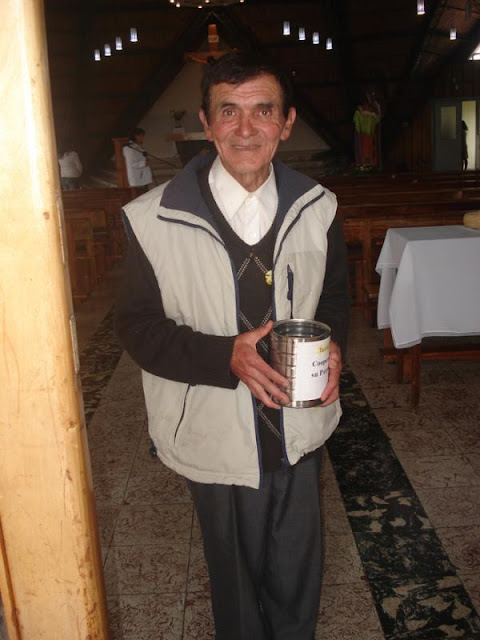
Ronnie and Padre Hurtado
Columban Fr Chris Saenz in Chile threw a chronic alcoholic named Ronnie out of his church twice because he was disrupting Mass. In Interview with Ronnie he allows this man to tell the story of the extraordinary change in his life and the part Padre Hurtado played in that. And Ronnie experienced God’s providence in being able to attend the canonization of this remarkable saint in 2005: There was a national lottery for Hogar de Cristo to send 36 persons from around the country. There were seven spots for volunteers/workers of Hogar de Cristo and 29 for those who, like me, received aid. Different names were submitted from around the country, including mine and a few others from the Ninth Region.. When the first ticket was drawn at the lottery my name was on it. I knew than it was Padre Hurtado’s hand again. In fact, I was the only one from our Region to go.
After today we won’t be singing or praying the Gloria on Sunday until Easter. Above is the new English translation of the Gloria adapted to the Gregorian chant setting of the Gloria in Mass XV, Dominator Deus. You can find the Latin setting, with a literal English translation, here and the organ accompaniment here.
You will find settings of the Mass in both Latin and the new English translation on Musica Sacra, Church Music Association of America.
A Hymn to Alberto Hurtado SJ
Written by Pablo Coloma for the beatification of Blessed Alberto on 16 October 1994, Sung by Pablo Coloma and Ximena Concha
Alberto, hoy resuena tu nombre
Se escucha tu palabra encendida
Tu rostro hoy recorre las calles
Tu huella marca un nuevo camino
Profeta que anunciaste el Reino
Supiste denunciar el dolor
Reíste con un canto a la vida
Mostraste un camino mejor.
Alberto, your name resounds today,
your enlightening word is heard,
your face is seen today on the streets,
your footprints mark a new path.
A prophet who proclaimed the Kingdom,
who knew about pain,
who laughed with a song to life,
who showed a better way.
Alberto contemplé tu figura
incendiando las calles de una oscura ciudad.
Y vi que mil rostros reían
y otros más comprendían que era el paso de Dios.
Alberto has tocado nuestra alma
y ya siento que enciende ese fuego de Dios.
Tu vida fue un regalo divino,
una historia que hizo de este Chile un hogar.
Alberto, I watched you
lighting up the streets of a dark city.
And I saw a thousand faces laughing
and others who understood that that was the way of God.
Alberto, you have touched our soul
and I feel that I am lit by the fire of God.
Your life was a divine gift,
a story that made this Chile a home
Maestro que enseñaste a vivir
la vida como lo hizo Jesús,
mirando en los hombres que sufren
su cuerpo castigado en la cruz.
A teacher who taught how to live
as Jesus did,
looking at those who suffer,
his body punished on the cross.
Apóstol, compañero de pobres,
viviste en tu carne el dolor
de tantos que viván despreciados,
tus manos fueron pan y un hogar.
Apostle, companion of the poor,
you lived in your flesh the pain
of the many who are despised,
your hands were bread and a home.
Alberto contemplé tu figura
incendiando las calles de una oscura ciudad.
Y vi que mil rostros reían
y otros más comprendían que era el paso de Dios.
Alberto has tocado nuestra alma
y ya siento que enciende ese fuego de Dios.
Tu vida derramada en las calles
se alsa inmensa hasta el cielo en las manos de todos.
Alberto, I watched you
lighting up the streets of a dark city.
And I saw a thousand faces laughing and others who understood
that that was the way of God.
Alberto, you have touched our soul
and I feel that I am lit by the fire of God.
Your life poured out on the streets
is infinitely raised to heaven in the hands of all.

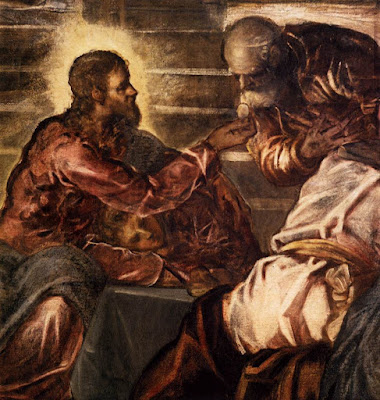

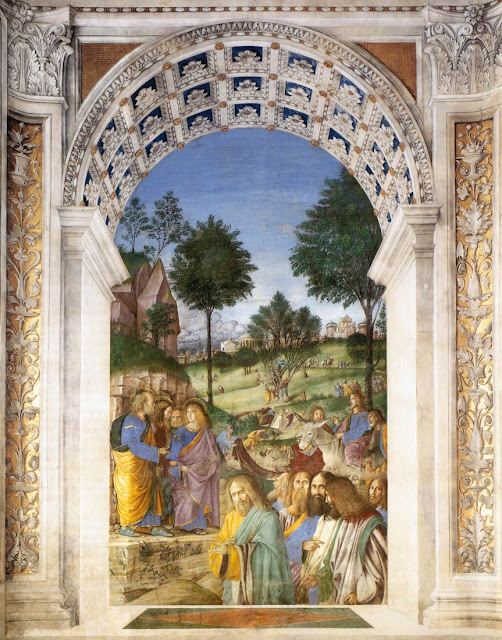


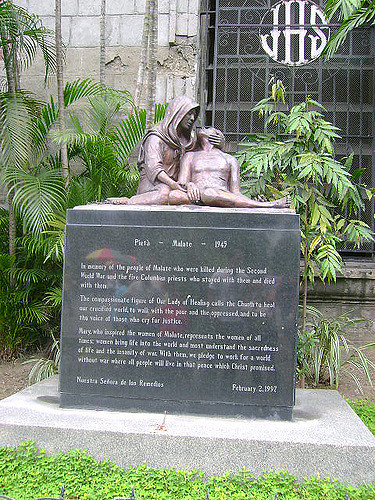



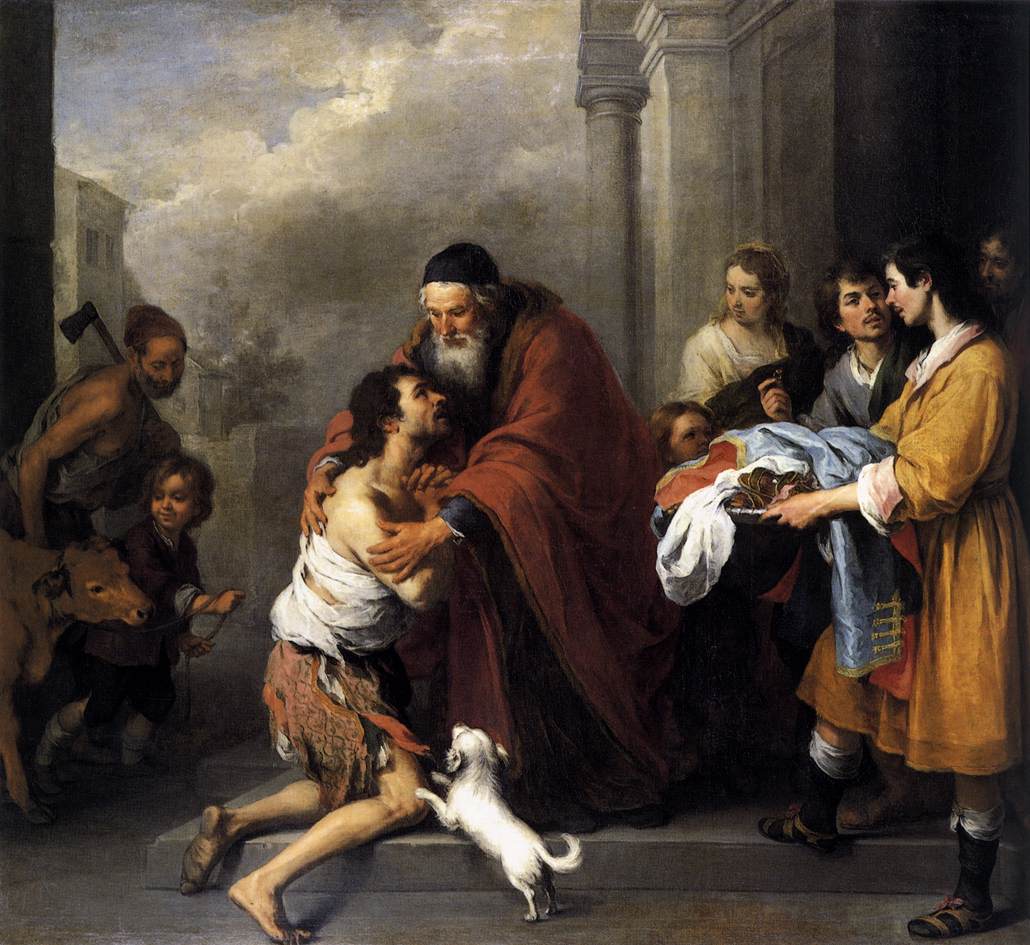

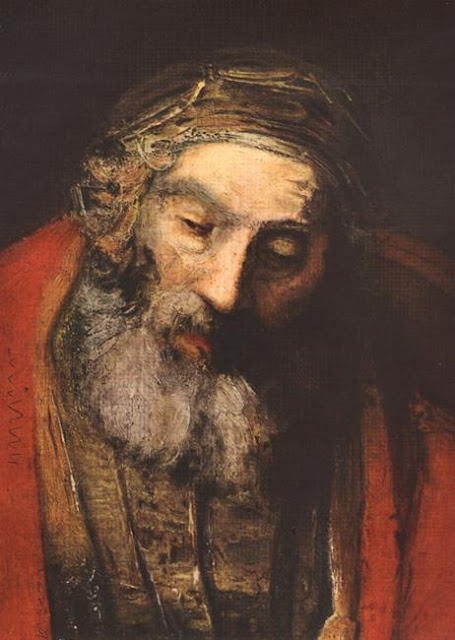
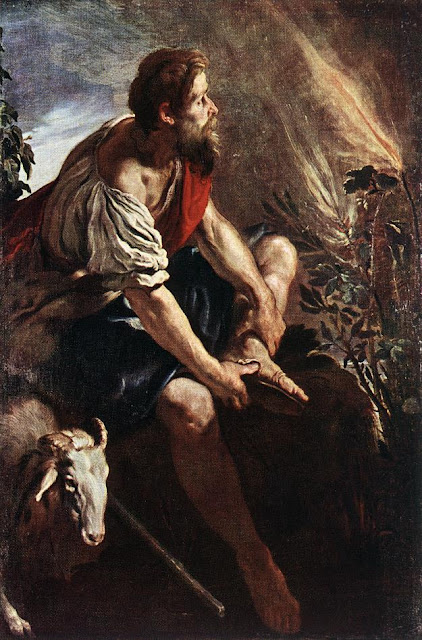
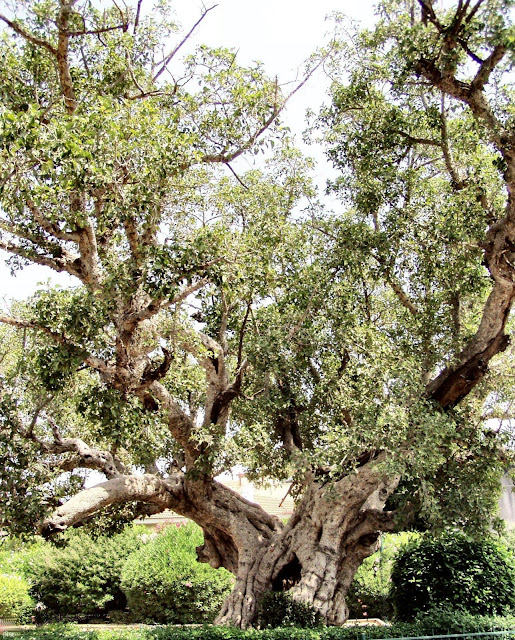
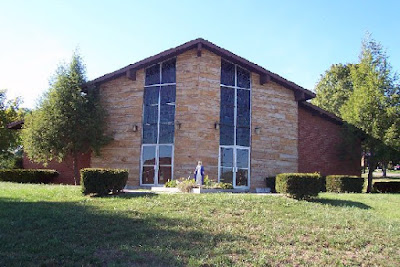

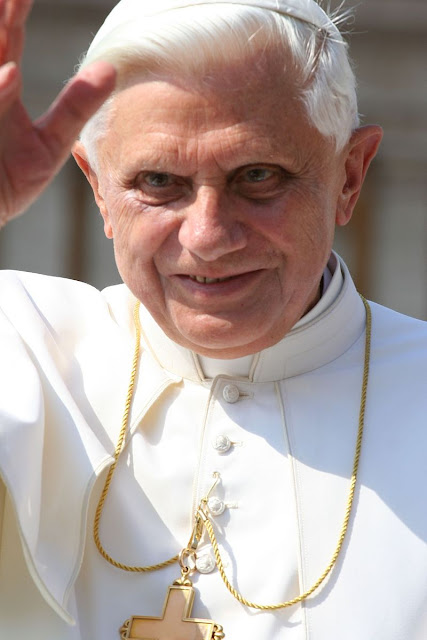
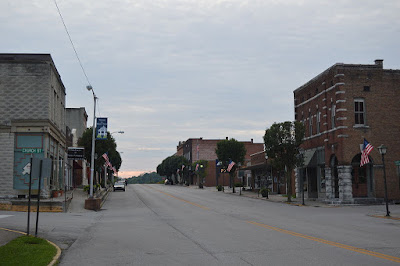
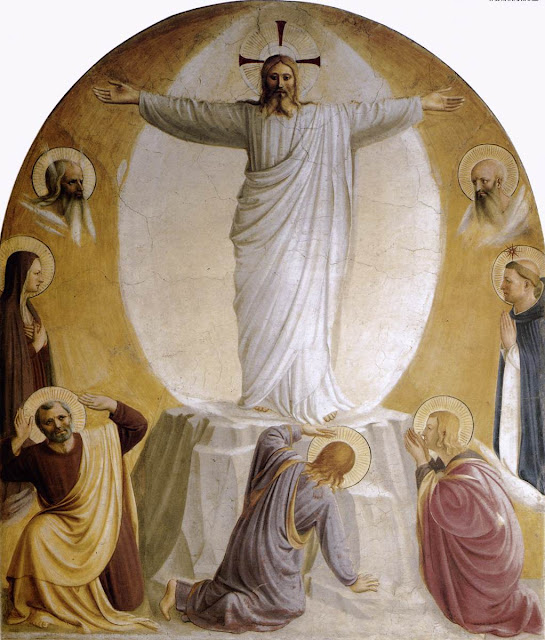

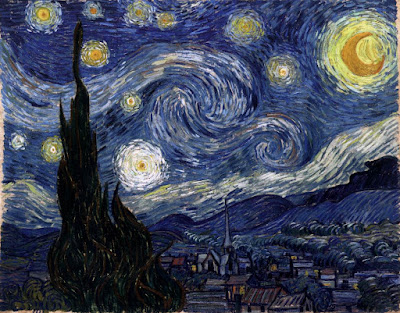
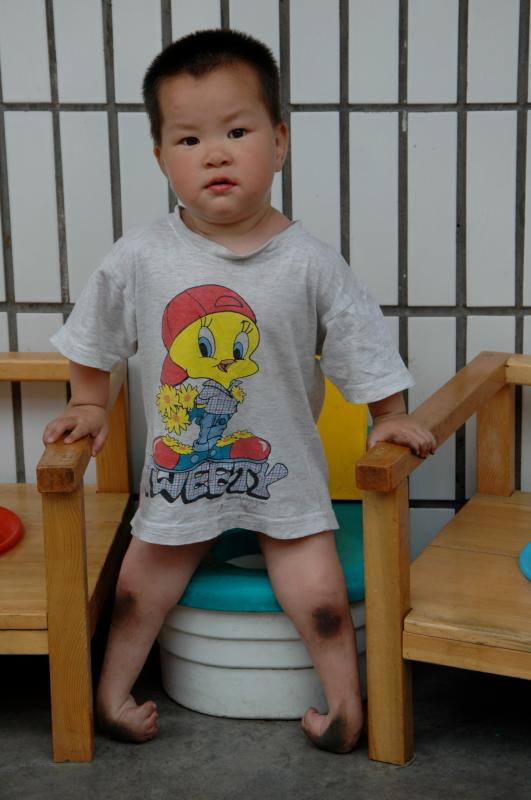
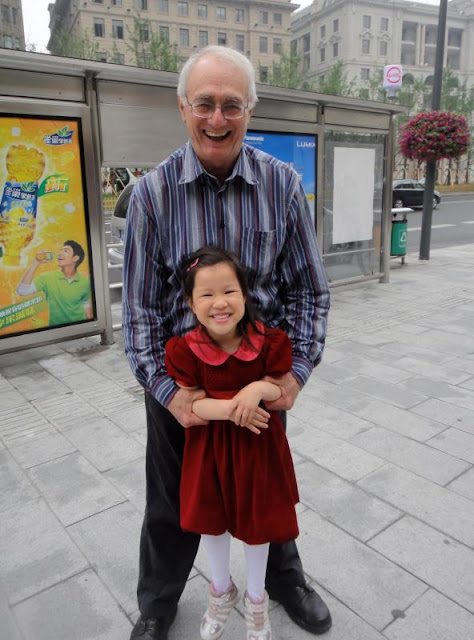
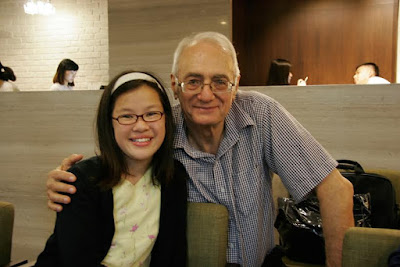

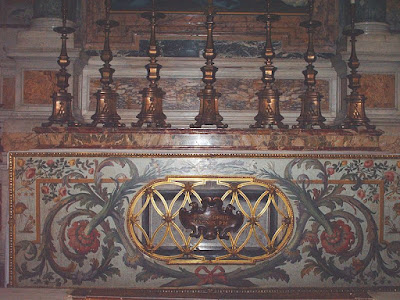
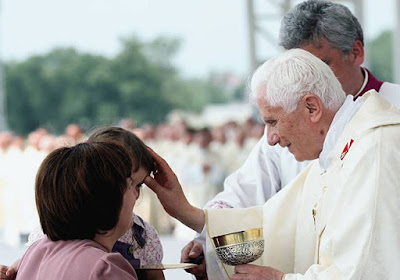

 . .
. .

